Prelude: Singer-Actor Performance Lab
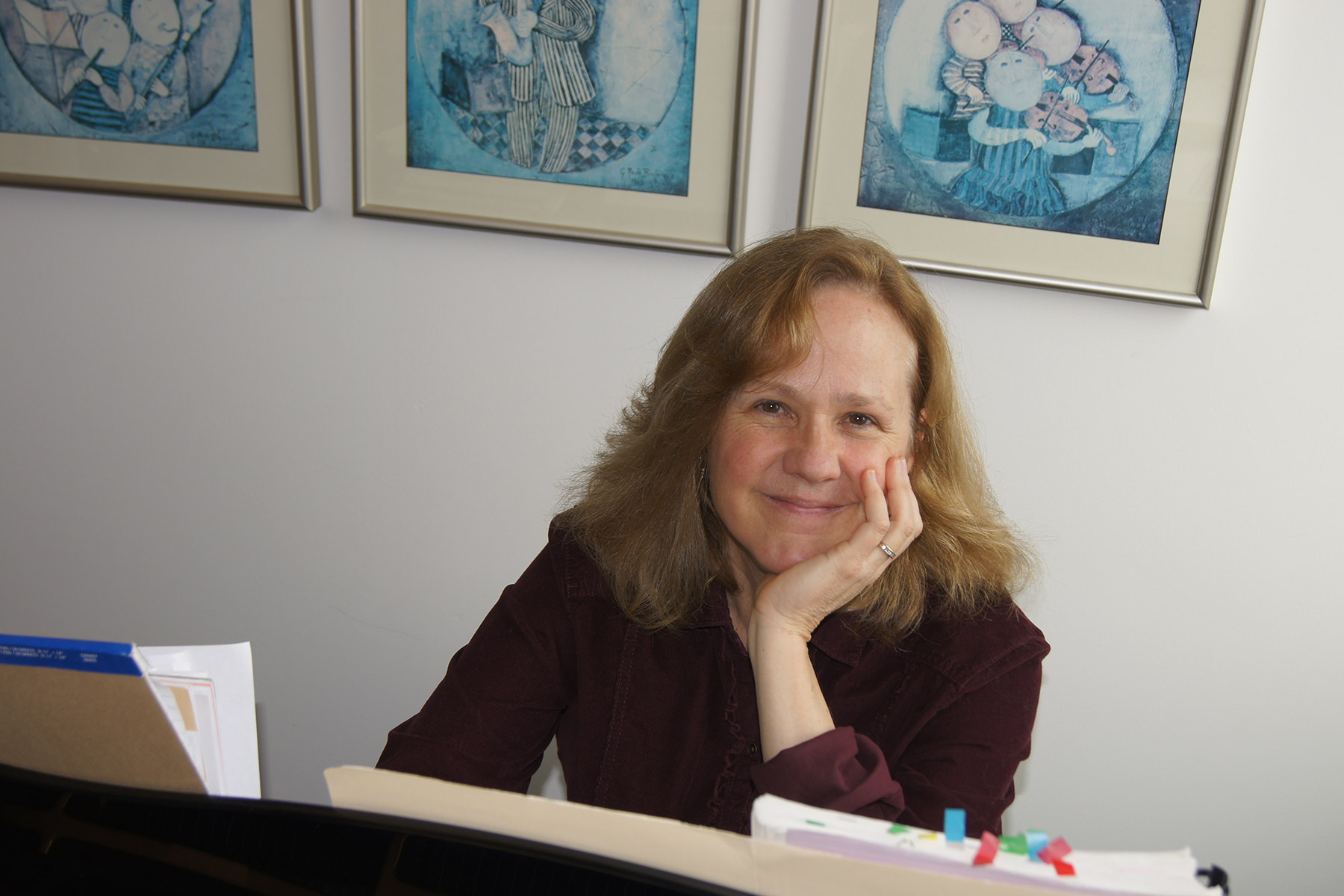
“Never pass up an opportunity to tell the story.”
For voice and acting teacher Manon Gimlett, these are words to live by. As the program director of MacPhail’s Prelude: Singer-Actor Performance Lab, she’s been relaying that message to high school students for two decades.
“Singing is a very technical skill,” says Gimlett. “It involves managing the breath and the palette, the laryngeal position, the application of air. But if someone is singing a solo repertoire from an opera or a musical, that technical process it’s just the beginning.”
The next step? Telling the story.
That’s what she and her husband Thaxter Cunio (also a voice teacher) had in mind in 2001, when they took the reins of MacPhail’s program for singer-actors, ages 14-18. The audition-only class meets on Saturdays throughout the school year; and under the couple’s direction, it has steadily grown in prestige. Not only has it launched students into top university music programs (like Yale, Julliard, and the Boston Conservatory), but several of Prelude’s graduates are now highly successful performers in the opera and musical theater fields.
The key to that success? Versatility. Gimlett likens the singer-actor craft to figure skating. “Ice skaters have to do a lot of things at the same time,” she says. “They have to be athletes, ballet dancers and story tellers. Actor-singers face the same challenges.” The Prelude program helps students to navigate these complexities.
To that end, its participants do a lot of what she calls “structured play.” A singer might be in the midst of belting an aria, when Gimlett holds up an “attitude” card. “What happens to your sound when I hold up cards that say ‘playful’ or ‘passionate’ or ‘angry?’” she asks.
Actually, a few things happen.
To start with, she says, “it knocks the judgmental angel off the shoulder.” Who has time to feel self-conscious about vocal technique, when you’re busy trying to convey a feeling? And when a singer emotes, he or she more fully embodies the message behind the music.
“Maybe you tap into an emotion that your research didn’t lead you to, but experientially you found something that was intriguing or appropriate,” she says. “Also, it becomes really interesting when you blend emotions. For example, ‘fierce’ and ‘loving’ might bring in a whole new color—maybe ‘protective,’ or something else? And what’s the difference in performance between a loud and a soft ‘furious’? Depending on the performer, a soft furious can be much more intense than a loud one.”
Another of the program’s essential components is tréteau—a practice in which a group of singer-actors, guided and inspired by teaching artist Ryan Underbakke, perform within a four-foot by six-foot area, telling a story solely through body language and their own voices.
“One group recently performed a piece from The Tempest,” Gimlett says. “They used the language of their bodies to create the prow of a ship and their voices to create the sound effects of the water. You make discoveries during this kind of play. We’re in an exploratory arena.”
This year, the same might be said for the Prelude program itself. Gimlett and Cunio are stepping away (moving to Washington state to care for Gimlett’s aging father). Two interim coordinators, Bradley Greenwald and Anna Hashizume, have taken up the baton for the current school year.
Greenwald is a performing artist, writer and director with upcoming shows at the Theater Latté Da and the Open Eye Theater. Anna Hashizume is a singer-actor who’s currently in the cast of Don Giovanni with the Fargo Moorhead Opera. Hashizume was also a Prelude student herself, from 2008-2011.
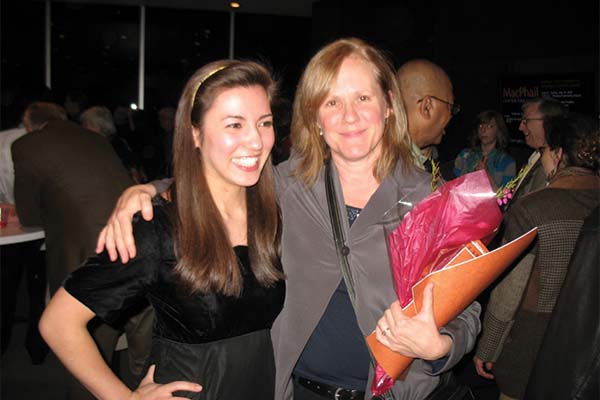
“The reason I wanted to take on this position was because of how much Prelude shaped me as an artist,” she says, adding that she benefitted from the constant expectation to get up in front of others and perform. “Nerves never go away,” she says. “But the repetition of having to do it allows you to learn how to work with the nerves that you do have.” Her sight-reading work opened doors for her later, when roles required her to learn music quickly. And collaborating with Prelude’s pianists gave her a leg up, in big ways and small. Prelude’s collaborative pianists Bryon Wilson and Paul Kovacovic are among the most sought after in the state.
“Most high schoolers don’t get a ton of time with collaborate pianists,” she says. “So, I had a little bit of an upper hand. For example, when you hand your music to the pianist, most want it on both sides of page with no page protectors. It’s easier for them to read and turn pages.”
Since she and Greenwald are both working artists, they can foresee the challenges their students may face. The greatest of these, Greenwald says, is personal sabotage. For a lot of young performers, not being prepared enough is the main obstacle to success.
“They need to know the notes and the words, inside and out,” Greenwald says. “They need to know what the piece of music is communicating. The phrasing and meaning. The style. The genre. There’s quite a mix of things. It takes a lot of work.”
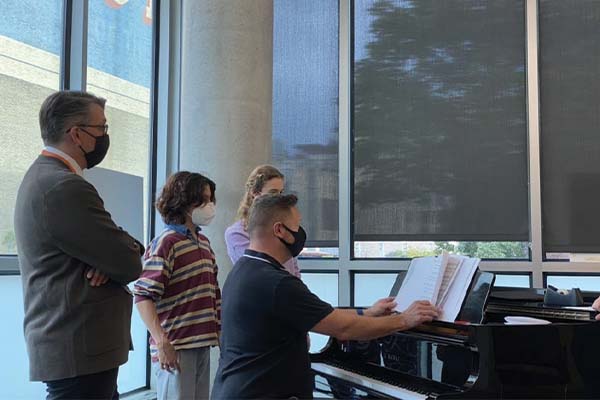
The Prelude program gives them the opportunity to build that work ethic. The students participate in “Mini Mets,” mock auditions based on the Metropolitan Opera’s National Council Auditions, a prestigious, annual opera singing competition. Students prepare three songs and are asked to perform two of them. They choose the first song themselves, and the judges select their second piece. The unknown variable is part of Prelude’s push to hone students’ flexibility.
“We are passionate about learning how to be versatile,” says Hashizume, whose own artistic wheelhouse encompasses many genres—opera, contemporary theater, classical musical theater, contemporary musical theater, modeling, film work, and more.
Originality is also prized. “When we’re young and starting out, we tend to mimic someone else’s performance,” Greenwald says. “But the photocopy version is always lacking. It’s about making it fresh to the listeners’ ears.”
Over the course of the school year, Prelude students put on two concerts and a cabaret. While many have reaped the benefits of this performance experience, going on to professional careers in musical theater and opera, Gimlett also has loftier goals in mind.
“Musical theater in the United States is very competitive,” she says. “But in Prelude, we’re not just training students for that. We’re teaching kids to be creative thinkers and problem solvers. We teach collaboration skills, team building, and marketing skills.”
The result is a wide range of accomplishments among its graduates. One of the students went on to do music and sound engineering for PBS, HBO and Showtime. Another became the Head of Visitor Experience and Evaluation at the National Gallery of Art. Another became an award-winning playwright.
“It was so very rewarding watching their transformation process,” Gimlett says. “To see where someone was as a freshman, and then see where they are as a senior.”
Two springs ago, the students in the Prelude program performed a show called Mr. Rogers Neighborhood and Beyond. Gimlett found that Fred Rogers’ words describe her own creed:
“Our job in life is to help people realize how rare and valuable each one of us really is,” Rogers said. “That each of us has something that no one else has—or ever will have—something inside that is unique to all time. It’s our job to encourage each other to discover that uniqueness and to provide ways of developing its expression.”
Gimlett views the Prelude program through this lens, and it’s a legacy that Greenwald and Hashizume have the privilege to continue.
“I’ll miss the energy of Saturdays,” Gimlett says. “But it’s also so great that the students get to learn from new voices and new energy and new ideas.”

Manon Gimlett 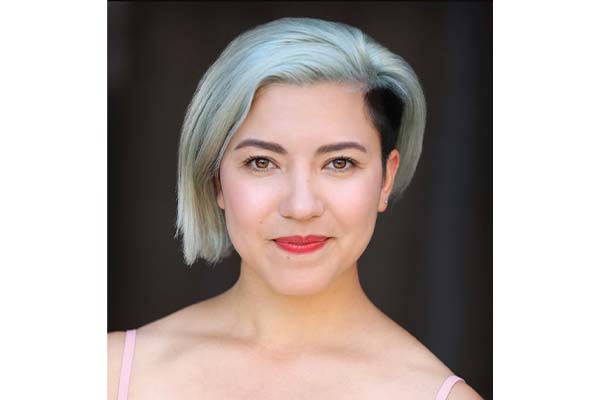
Anna Hashizume 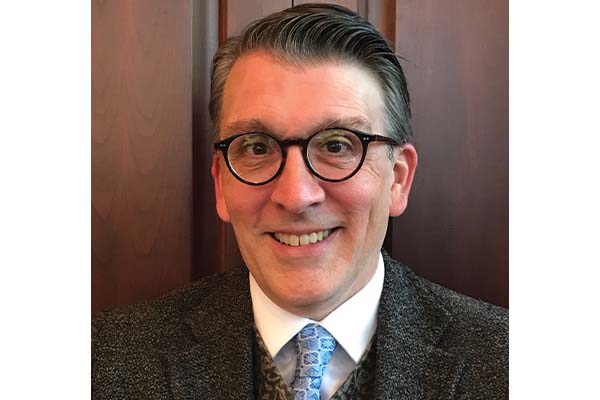
Bradley Greenwald 
Ryan Underbakke 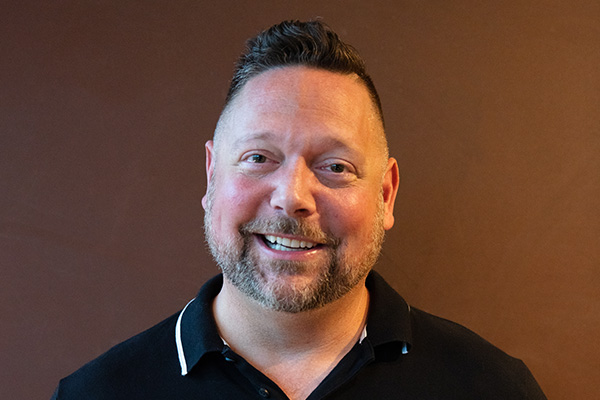
Bryon Wilson 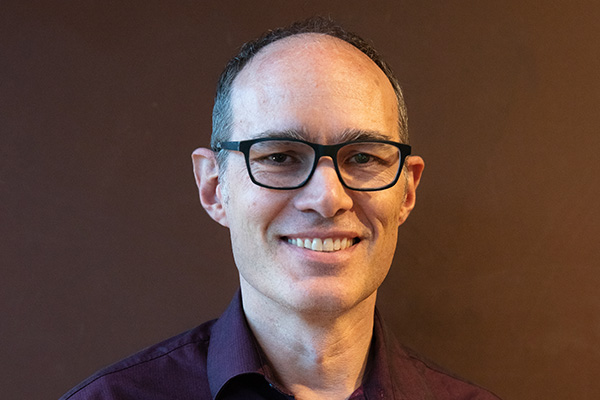
Paul Kovacovic
Prelude is an auditioned yearlong program (September – May) for high school students ages 14-18 who seek an environment where they can experiment and discover new possibilities as performing artists.
The spring semester starts February 5, applications are being accepted now.
Financial Aid is available for this program.
Spring semester new student scholarship is available. MacPhail is offering one $300 merit based scholarship to a new student based on spring auditions.
For questions about the program, please email Anna Hashizume
For information and to apply, visit Prelude: Singer-Actor Performance Lab
